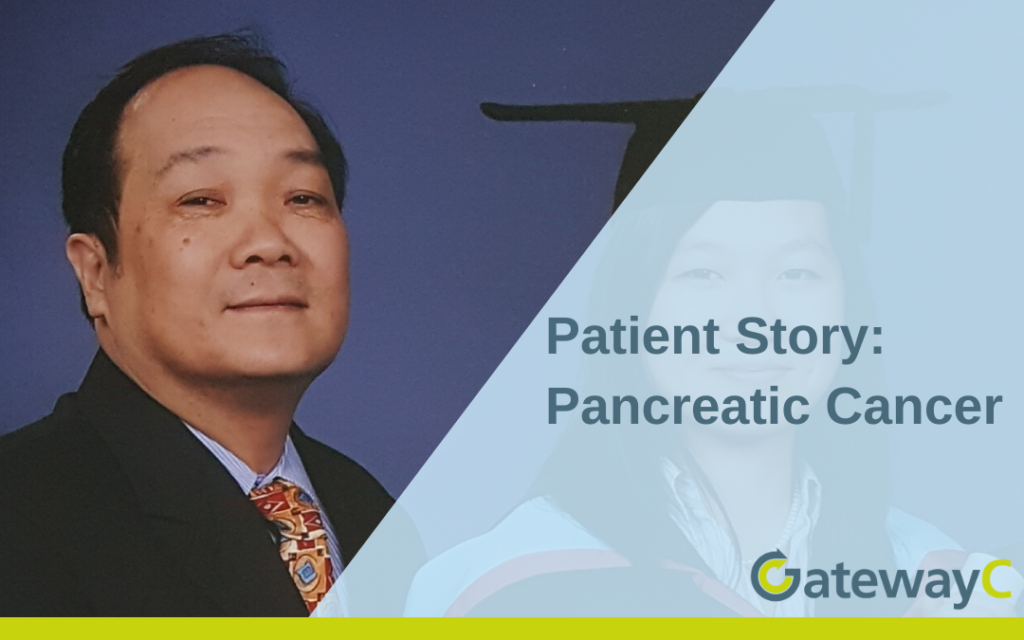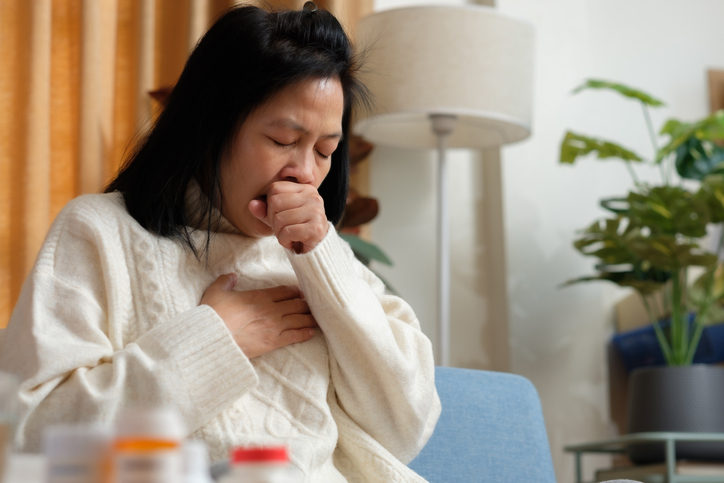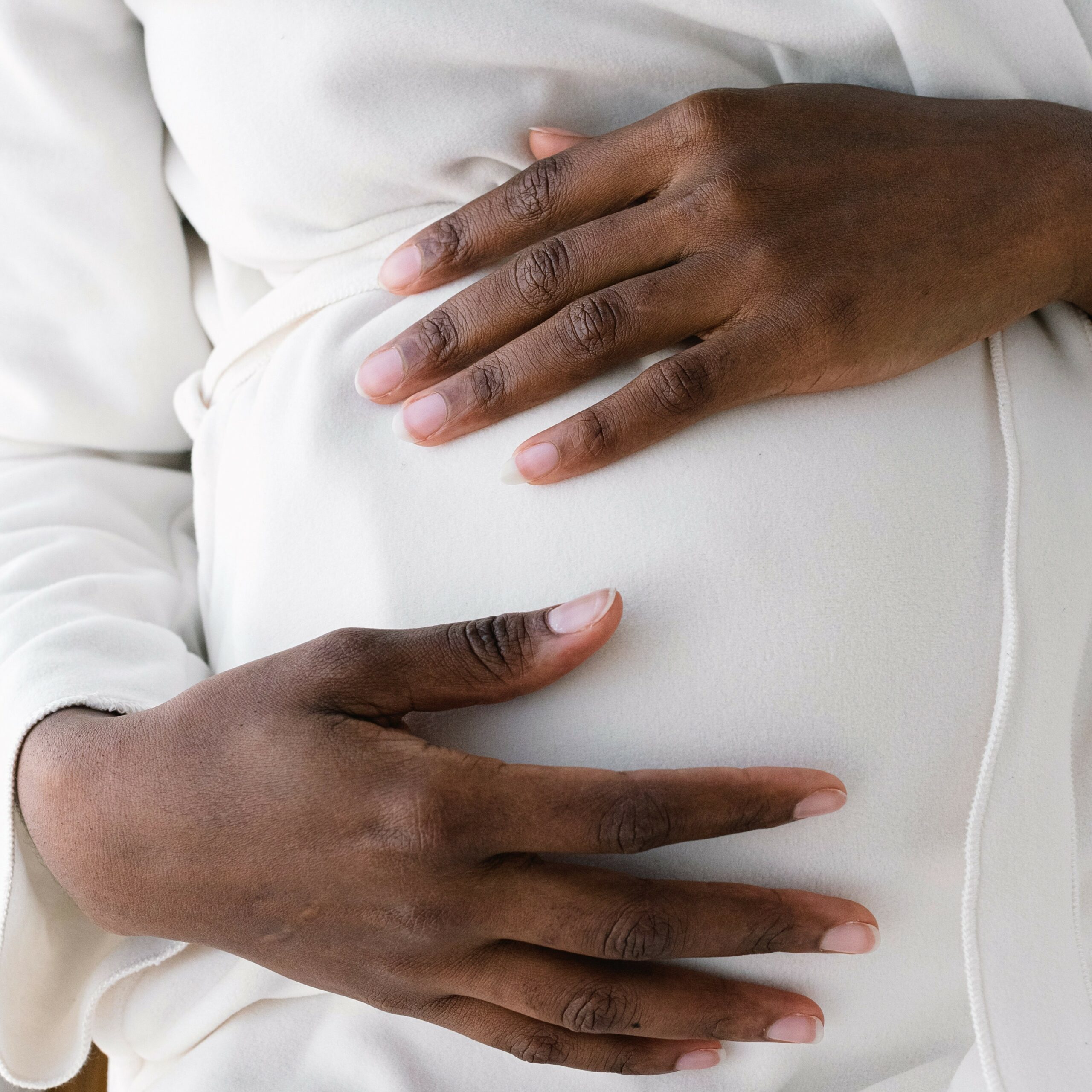Friday 10th January 2021
Denise Cheung shares the story of her father’s pancreatic cancer diagnosis.
My dad was born in Tai Po, Hong Kong and emigrated to the UK in 1973. He was 64 years old when he was diagnosed with pancreatic cancer. He had Type 2 diabetes (diagnosed about 10 years ago) which along with his age and weight are all known risk factors for pancreatic cancer. He was a little overweight ever since I can remember, but he lost some weight since he retired over a decade ago. When my dad was working he was self-employed.
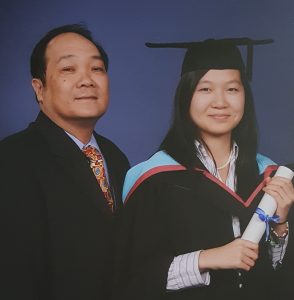
People in Tameside might know him from the chip shops he used to own, where he’d work alongside my mum. His hobbies were going on walks, taking advantage of his travel pass to go on day-trips around Greater Manchester and going shopping. He was well known wherever he went because he was very chatty and sociable.
First presentation
He visited the GP about a change in his bowel habit. They established he had other symptoms like lower abdominal pain, feeling more tired over the past months, some weight loss (although no nausea or vomiting) and his sclera appeared yellow. The GP requested a two week wait referral (urgent suspected referral) on the suspicion of stomach cancer.
Investigation
His eyes and skin yellowed even more before he had a gastroscopy and colonoscopy 12 days later. The findings did not explain his jaundice and a week passed before he had a CT scan. We waited over 2 weeks for the CT scan results. The report was written 5 days after the scan but we needed to wait for a Multidisciplinary Team Meeting (MDT) to take place before we could receive the results. On the day my dad was due to receive them, we had to take him to hospital to be admitted because he had become weak.
The next day he received an Endoscopic Retrograde Cholangiopancreatography (ERCP) and we were finally told the diagnosis. Unfortunately the cancer was inoperable so his only option was palliative chemotherapy. However, before he could be discharged he needed to build up his strength. He passed away two and a half days later.
Reflections
My dad waited 40 days to finally be given his diagnosis. That was too long to not know what was wrong. Jaundice should be cause for quicker diagnosis and considering pancreatic cancer can spread quickly, makes the need for quicker diagnosis greater.
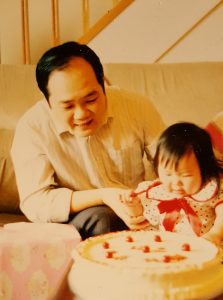
Another consideration where possible, is to ask family members or those who live with patients about other symptoms they may have observed. I noticed my dad was napping a lot during the day a few months before he became jaundiced. It crossed my mind that maybe it was a symptom of cancer but I reasoned myself out of it, thinking that my dad was older now and being tired was sign of that. In hindsight I wish I had said something about it.
Key information:
68% of pancreatic cancer patients are diagnosed at either stage III or IV. This cancer is difficult to diagnose due to the early symptoms being non-site specific. However jaundice is a classic symptom with about half of patients presenting this on initial visits to their GP. Find out more details of the signs and symptoms for pancreatic cancer in our Pancreatic Cancer – Early Diagnosis course.
Always remember to safety net patients. This can involve asking them to keep track of symptoms in a diary and informing them of red flags to be aware of. Find out how to prepare patients for referral appointments and reduce delays in the system in our Improving the Quality of your Referral course
